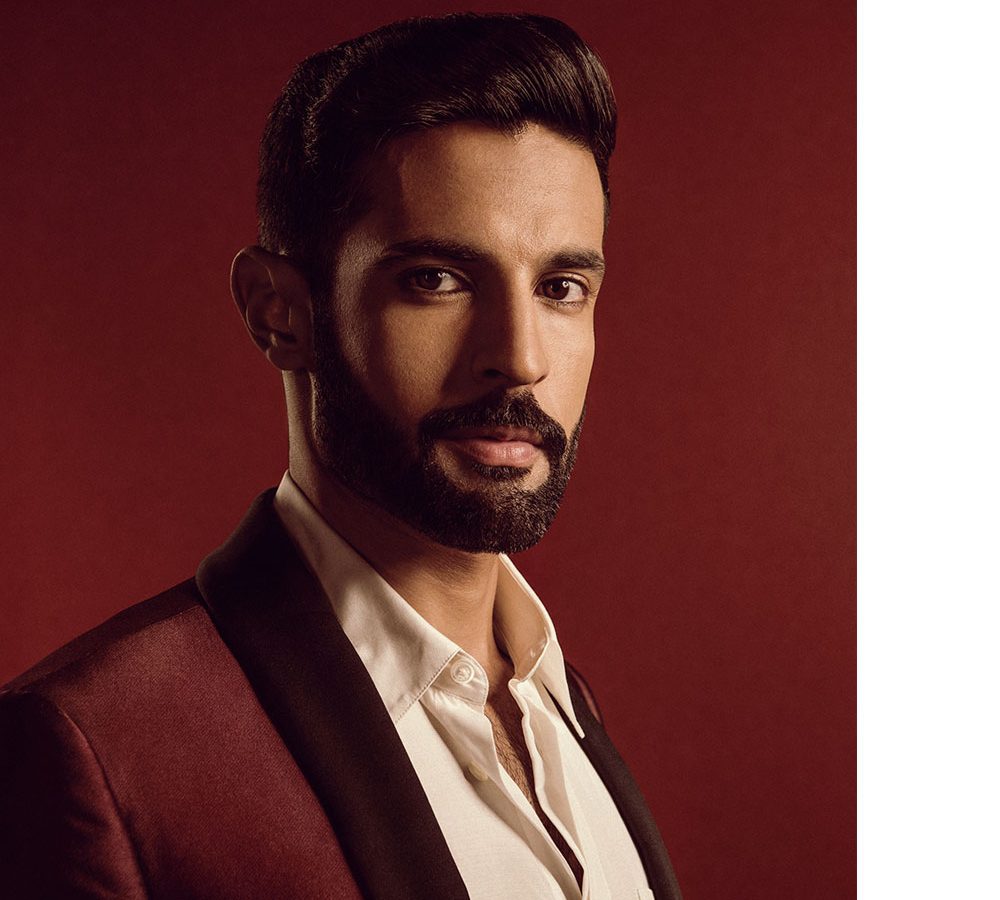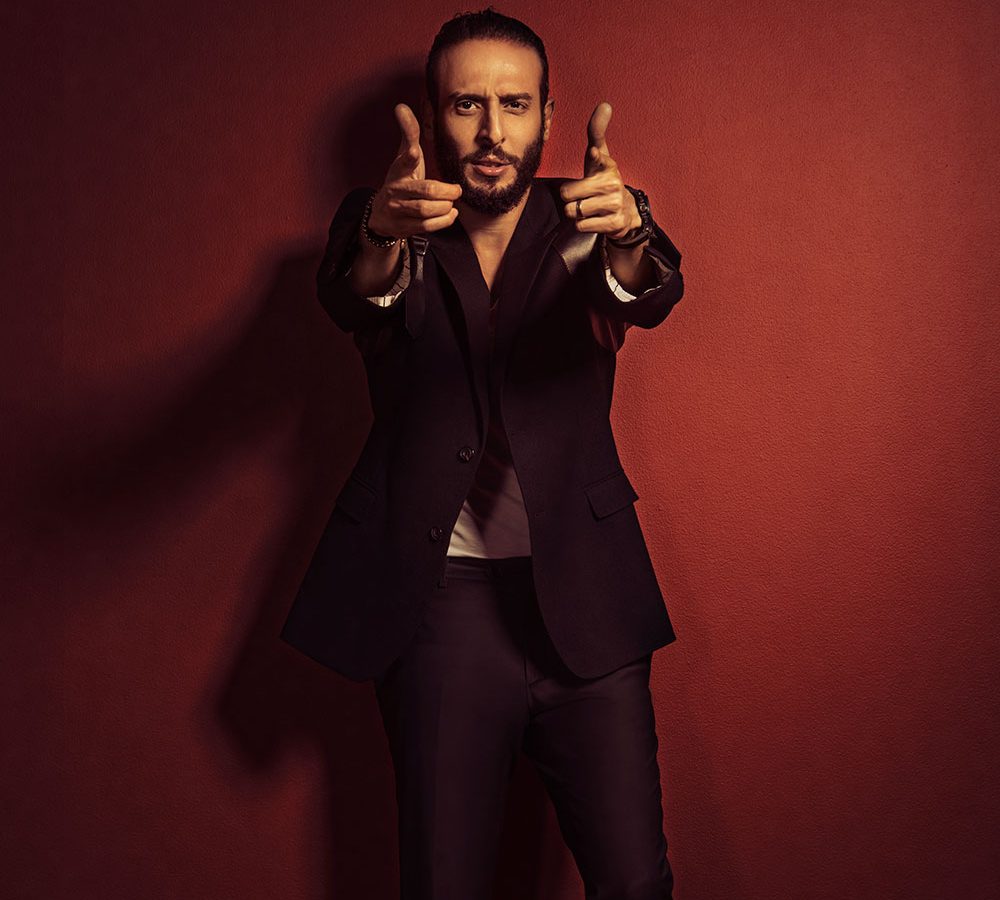“How many cultures have experienced a moment in time when cinemas have opened following a 70-year ban?”
It’s a rhetorical question that Saudi filmmaker Shahad Ameen proposes, and can barely hide her passion with her follow-up: “This is a once-in-a-lifetime opportunity! The world is now looking to us to share our stories and experiences after so long of not being allowed to.”
Ameen has rocketed into the spotlight this year following the hugely positive reception her debut film, Scales, received at the Venice Film Festival.
The film is a feminist fable that draws on Arabic folklore—an area that she feels is hugely under-represented in cinema. “The Arab region has tremendous talent, and if we really want people to truthfully understand what it was like to be an Arab growing up, or what it is like to be an Arab now, then that needs to come from Arab people. It needs to come from us.”
We sat down with Ameen as part of Esquire’s 10-for-the-next-10 years issue. You can read the whole interview below.
***

As a filmmaker in the region what excites you most about the industry?
Being a filmmaker from the Middle East is very exciting right now, as some of the most exciting stories are coming out. It is a region that has been silent for so many years so the stories that are coming out of the region – and I can say especially from Saudi Arabia – are going to be very different and unique.
As a Saudi we have this huge new opportunity that is pretty much a once-in-a-lifetime chance – suddenly cinemas are open after a 70-year ban! – and now the eyes of the world are watching us to eagerly see what stories will come out from the region and what our experiences of life were like during the times that we couldn’t share our stories. It is very exciting to tell new stories and we could be looking at a new golden age of Arab cinema.
What you set yourself any career goals?
I keep telling myself that if I can continue to tell stories as honest and as truthfully as I can then that is my only job. I don’t need to anything else. I need to be responsible to my stories, to my characters not to my society, but to the stories I tell. If I can continue that then that would be a success.
I live in a society that does not appreciate women as much as it should and that is part of who I am
How much does gender and nationality impact what you do professionally?
I get this question a lot: are you a filmmaker, are you a female filmmaker, are you a Saudi filmmaker – I cannot differentiate myself from my experiences in life, and my experience in life is that I am a woman and that I live in a society that does not appreciate women as much as it should and that is part of who I am.
I am a filmmaker that talks about the way I see the world and the way the world absorbs me so I need to speak about my truth and the reality around me. I’m not a ‘female filmmaker’, but I can only tell a story from my perspective.
Is the region ready to give opportunities to young, local filmmakers as opposed to relying on international films?
I really hope that it is. The Arab region has tremendous talent, and if we really want people to truthfully understand what it was like to be an Arab growing up, or what it is like to be an Arab now, then that needs to come from Arab people, it needs to come from us. People who have experienced the situation.
What is incredible now is that they are actually giving us the opportunity. Cinema is becoming big in Saudi and they are actively supporting creative growth – but most importantly, they are realizing the importance of how telling stories helps a culture change, evolve and grow into a better society – as long as we are honest with who we are with the world around us.
What do you find most rewarding about the work that you do?
The nightmares! [Laughs] No, I love that sometimes as filmmakers we sometimes have influence on the ground. For example, when I shot my film Scales in a small village in Oman, where there is no infrastructure for cinema, and to get the little girls to act in the film, it was incredible.
One of the little boys playing an extra said that he always assumed that he’d be either a soldier or a doctor when he grew up, but after the shoot he said that he wanted to be an actor!
One of my incredible Saudi actors, Yagoub Alfarhan, told this little boy “We don’t need any more soldiers in the Arab world, we need more actors and filmmakers!”



